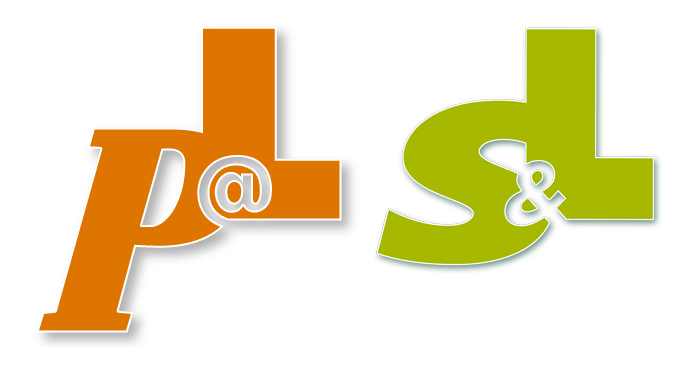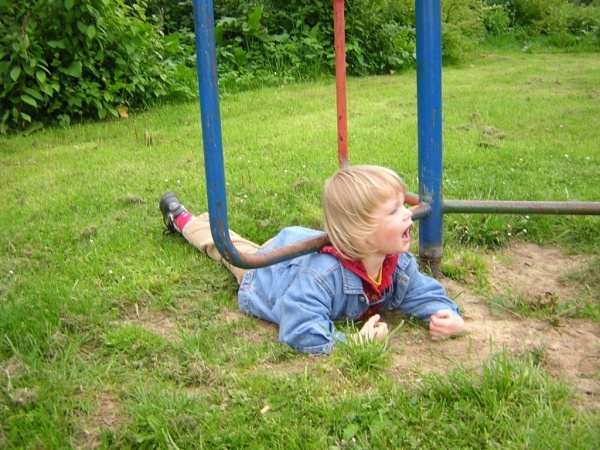Tell me, mum, who is actually allowed to control playgrounds?
If we looked on the Internet at "www.frag-mutti.de", we would probably not get ....


YOUR FORUM FOR PLAY, SPORTS UND LEISURE AREAS

At long last…
.. although technical report DIN SPEC 79161 was released over 5 years ago, the relevant work group only recently published it as draft standard DIN 79161 in April 2015 after subjecting it to further revision.
The reason why it was felt necessary to convert DIN SPEC 79161 to a regular standard can be explained by the fact that since its publication in December 2011, many more than 1200 applicants in Germany have decided to sit the examination that would entitle them to work as 'qualified playground inspectors'. This represents a resounding rejoinder to those who criticised the basic concept at the very beginning because they felt that regulations of this kind were wholly redundant - the market has shown that they were wrong. There is a hardly another German standard of recent years that has attracted so much attention as DIN SPEC 79161.
However, during the final sitting of the DIN standard committee, it became apparent that not all those present were happy with the structure and form of the section of standard DIN 79161 that deals with the 'Qualification of playground inspectors'. Had the committee agreed to the complete rewrite desired by these few individuals, it would have been necessary to delay publication of the standard by at least 12 months and the majority of the members of the work group were unwilling to consent to this. Added to this is the fact that there is sufficient evidence to date that the current version is perfectly workable; it is the case that the training institutes have already been using it effectively over the past several years.
As far as participants on training courses are concerned, the requirements of the first version of DIN 79161 (which will probably come into force in 2016) that will differ from those of DIN SPEC 79161 will be as follows:
This professional experience is required of those wishing to qualify as playground inspectors to ensure that they have the necessary practical knowledge of playgrounds and their equipment (e.g. with regard to planning, production, installation, operational inspection, maintenance and operation). This also means that they will need to be familiar with the two standard series DIN EN 1176 and DIN 18034.
Certificates that have already been awarded in accordance with the old DIN SPEC 79161 will be seen as equivalent to those awarded under the provisions of the new DIN 79161 and these will be appropriately converted by the certificate issuers following completion of re-certification (refresher course) procedures.
DIN 79161 for the first time specifies requirements for the re-certification (refresher course) procedures. The purpose is to ensure that a consistently high level of professional expertise is also maintained in this context.
Under the new regulations, courses may only be taught by trainers who hold the teaching qualification specified in DIN 79161.
The number of course participants will be restricted to a maximum of 15 to prevent re-certification courses becoming little more than the mass gatherings often encountered in other disciplines.
Because of the fact that there are also individuals who apply to be registered under DIN SPEC 79161 (and in future DIN 79161) as trainers who hold qualifications in other fields (such as occupational safety, etc.) but not necessarily in playground safety, the requirements for trainers (examiners) have also been revised. From the point of view of the playground inspector work group, this is essential in order to ensure that only highly qualified individuals teach the corresponding courses.
There are thus also updated requirements for the trainers who in future will be teaching the courses stipulated in DIN 79161; they will need to be able to demonstrate that they have successfully passed the playground inspector examination required by DIN 79161.
This means that all future trainers will be required to hold a qualification as specified in DIN 79161. There will be a transitional period of six months during which trainers who hold a qualification conforming to the requirements of DIN SPEC 79161 will be able to sit the new examination that meets the stipulations of DIN 79161; otherwise they will cease to be qualified to act as trainers/examiners when this period expires.
At the DEULA training institute in Warendorf, we consider this to be a self-evident requirement; after all, we expect the driving instructors who also work at our training centre to themselves hold a driving licence!
In order to be recognised by the certifying bodies (such as the Landscaping and Landscape Development Research Society, FLL), trainers will in future also be required to provide further references to establish their expertise with regard to playground inspection. In situations in which a certifying body (such as the FLL) is uncertain about an individual's suitability to act as a trainer, the case can be referred to a committee that will review the individual's qualifications.
At this point, it is necessary to make something clear as there is still confusion about the qualification. It is not mandatory to take the course or sit the examination to become a 'qualified playground inspector per DIN SPEC 79161' (and, in future 'per DIN 79161'); this is still an elective qualification. All other related qualifications will continue to be valid. Yet, at the same time, it can well be the case that playground operators will be required to demonstrate for the purposes of an annual main inspection/final acceptance that the inspector is qualified in accordance with DIN SPEC 79161 (DIN 79161).
I should like to take this opportunity to once again thank for their cooperation all the members of the playground inspector work group and in particular Mr. Berthold Tempel who for so many years has provided such sterling work as chairman.
And a few concluding remarks intended for all 'qualified playground inspectors':
you've passed the test and have acquired an excellent basic qualification but you will need to build on this by acquiring further experience and training. Don't overdo it when inspecting playgrounds and playground equipment; although it is essential that you always bear in mind that the safety of children is your first priority, you should recognise that a certain element of risk is, in certain situations, perfectly acceptable.
Image: Friedrich Blume